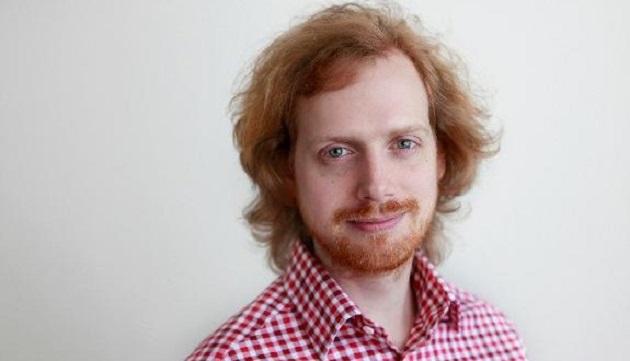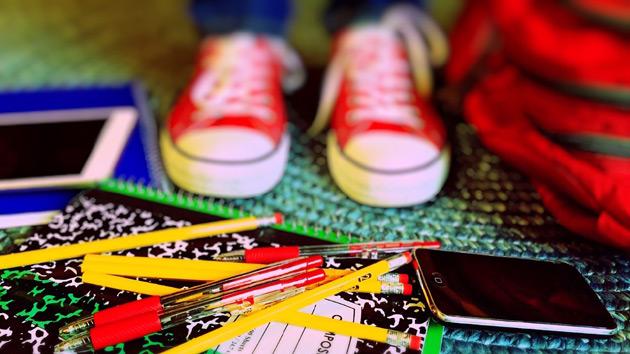The number of Romani pupils being educated with assessments of “mild mental disability” remains essentially the same this year as it did last year. Current data from the Czech Education Ministry basically confirm the previous findings from enrollments into first grade regarding the reassigment of children from the former “practical schools” into mainstream ones – namely, that no massive transfers of pupils have happened.
The apocalyptic scenario described by those opposed to educating all children together, therefore, has not occurred, and at a minimum the data demonstrate that all is more or less the same. Should we therefore consider these new rules for common education dysfunctional?
Despite the fact that the numbers for this school year are not pretty, we can find one positive thing about them. This is the fourth year in a row that data has been collected about Romani pupils, and with each iteration of this process we learn more.
From the 2015-2016 school year we have a qualified estimate of the overall number of Romani children in the primary schools. Not quite 4 % of all pupils are Romani.
This year, in addition to the estimate of the number of Romani pupils with “mild mental disability”, we have also received the number of segregated schools, those where Romani people comprise 100 % of the pupils, or more than 75 %, or more than half. One-fourth of all Romani pupils are being educated in segregated schools.
My joy at knowing these numbers might just seem like the foolishness of a nonprofit staffer in Prague. Naturally, the numbers in and of themselves will not change anything yet.
However, without these numbers, change simply will never happen. If we never know the extent of segregation – how many such schools there are in the Czech Republic – then it would be difficult to come up with good-quality proposals for resolving this, and then difficult to follow the impact of those solutions.
We now find ourselves at a time in which we are following the impact of the reforms for educating all pupils together. Since the start of the 2016-2017 school year, new rules have applied for pupils living with disabilities and other special educational needs.
Such pupils are now newly entitled to free support measures in any school. All pupils with special educational needs must, during the next two years, once again visit an educational-psychological counseling center or a special education center, where new support measures will be prescribed for them.
At a minimum, it will be difficult to assess the impact of this reform during this school year. Similarly, we should not place big hopes in the immediate improvement of the situation following the recent abolition of the separate curriculum for pupils with “mild mental disability”.
The next big change will not come until next school year, when all children will begin attending a compulsory final year of nursery school together. It is, therefore, still too early to assess whether the recent inclusive reforms are enough to improve the chances of Romani pupils.
That does not mean, however, that non-Romani and Romani parents and pupils should not speak up if absolutely nothing has improved for them yet. There is a long distance to travel between new curricula, decrees and legisation and actual support for specific pupils and schools.
Thanks to the voices of parents and pupils, just like the voices of teachers, of other people involved in the schools, and last but least, thanks to the collection of data, we can assess what actually has changed in our education system and whether this reform is enough.
Štěpán Drahokoupil works for Open Society Fund Prague.

